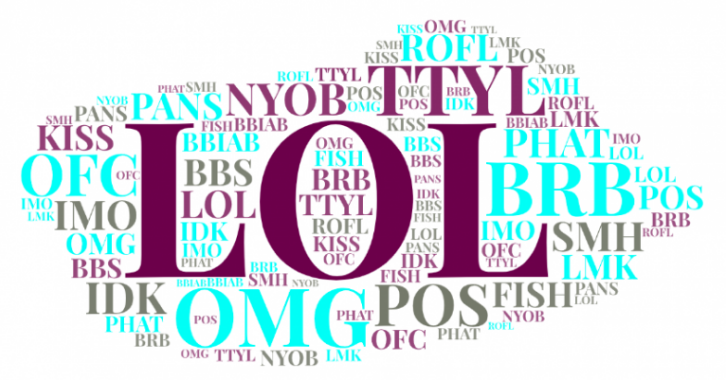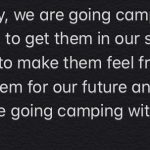For my 5th link, I have chosen to look at Tyler’s Task 12 – Speculative Narratives.
Differences in Experience
For this task, we were required to create two separate narratives that represent our potential future relationship with technology, media, text, and education. I created two unrelated narratives where AI takes on two separate roles: teacher and personal chef. I conveyed these narratives through audio files, and the stories were set in the year 2045. Tyler looked at our relationship with language in the next 30 years, and he plays with the notion of acronyms and the implications of this type of shorthand speech. One of Tyler’s future scenarios results in a loss of language and social emotional connection due to speaking in acronyms, whereas his second future scenario highlights the potential positive outcome of speaking with acronyms. I appreciated that Tyler included a clip from one of my favourite shows, The Office, to illustrate his thoughts, as this episode of The Office is exactly what I thought of when reading his narrative.
One key difference in our experiences with this task is our level of enjoyment thinking of future scenarios. Tyler admits that he struggles with speculating about future scenarios, as he acknowledges his limited control over the future of technology. I, on the other hand, love speculating about what “could be” in the future, despite my lack of control. Technology has already changed our world in so many ways, I don’t think any possible futures are off the table. I enjoyed reading Tyler’s thoughts about the potential future of language, as his scenarios differed greatly from both of mine. Tyler’s speculative futures reminded me of conversations in the Leading Line podcast episode we listened to in Week 12, where the panelists discussed how technological advancements often spark concern about loss of skills and language. I don’t think that “text talk” will ever change our language quite as drastically as people may think, but we have already seen some long-standing changes to our verbal communication due to technological developments, and we will see more changes materialize over the next 30+ years.

Tyler’s Wordle
User-Interface Differences
Not only do our approaches to this task differ, so do our website designs. One thing that strikes me is our opposite use of white space on our websites. While I have an image of the mountains as a border around my webpage with a white background behind my text, Tyler has the opposite. His website features a white background as the border around his page and a photograph of the prairies behind his text. Tyler’s approach differs from the “typical” clean approach to web design, but perhaps this is intentional. Another aspect of our web design that differs is that you can scroll through each task on Tyler’s website in full, which sends the message that each task is a piece of a larger whole. My website, on the other hand, gives previews of each task on my home page, but you must click into the task to read the whole thing. I also have menus at the top of my page for the Weekly Tasks, Linking Assignment, and Final Project, and this further separates the work on my website into three distinct sections. Tyler’s ideas flow together, suggesting less of a separation between each piece of his work. Web design will always differ from one website to another, and it is interesting to see the differences in design among each student’s webspace and how each website is unique.
Tyler’s Website
My Website


